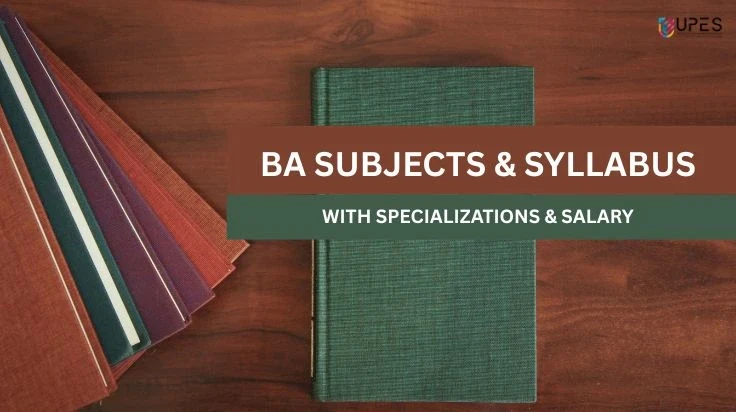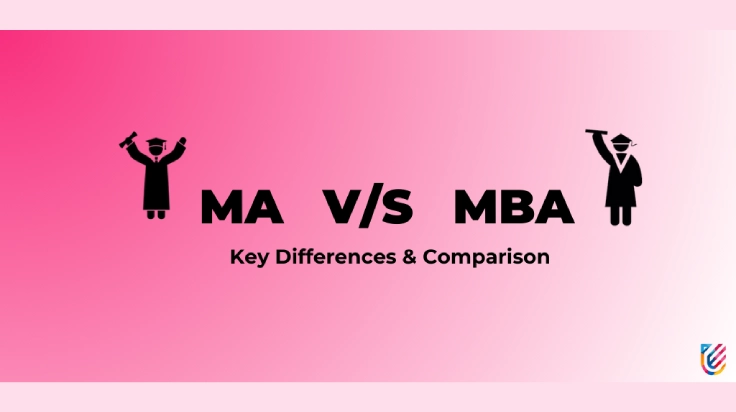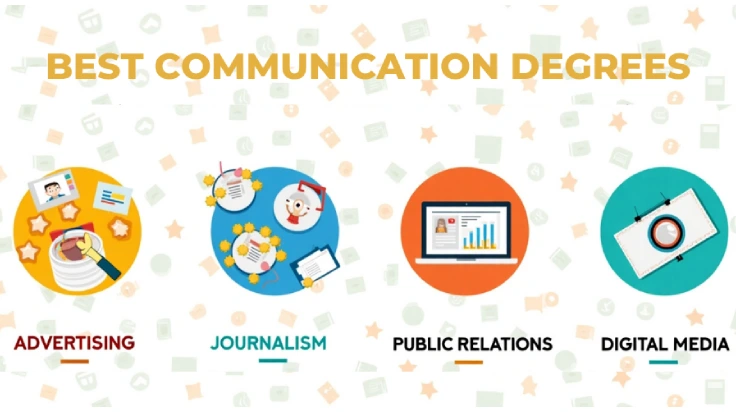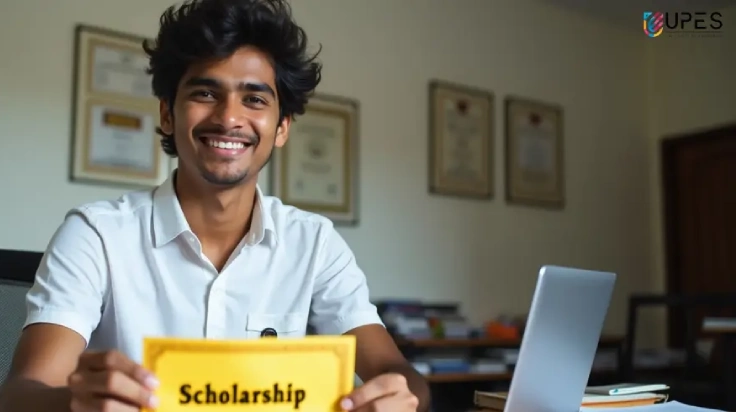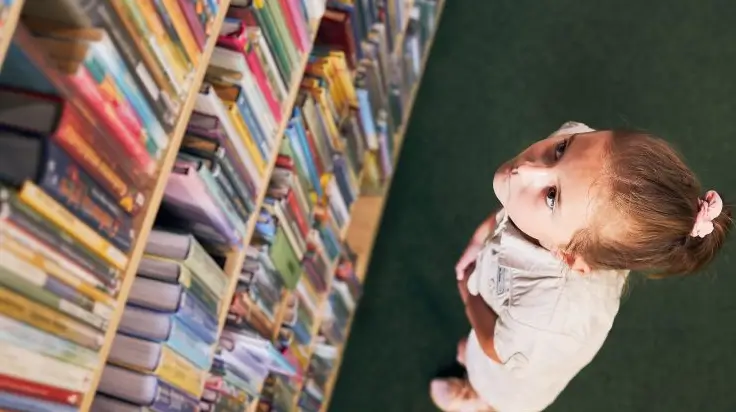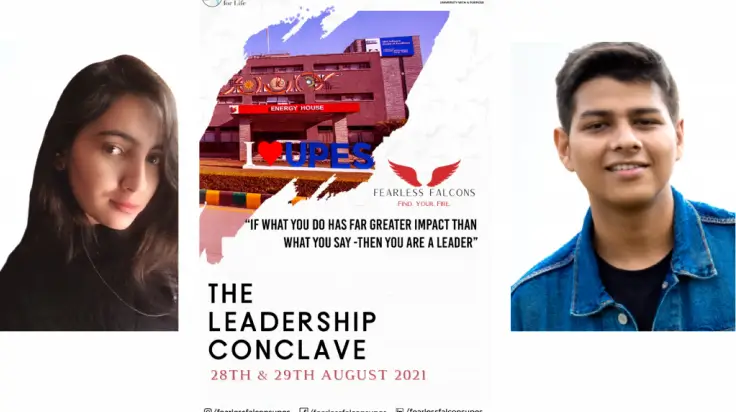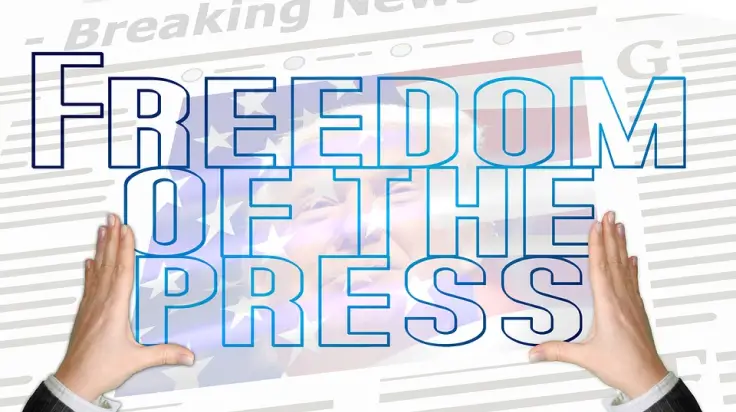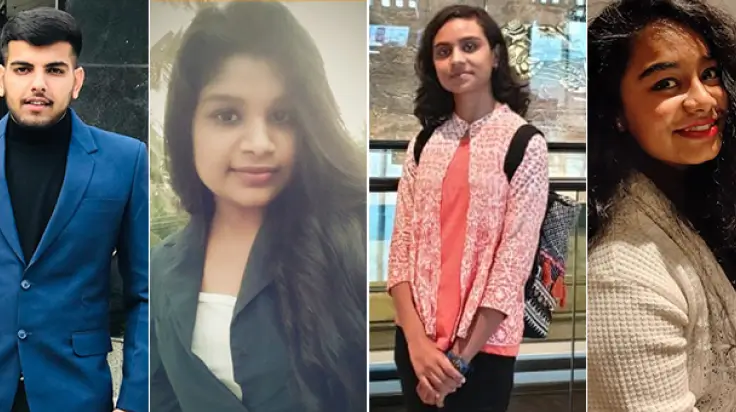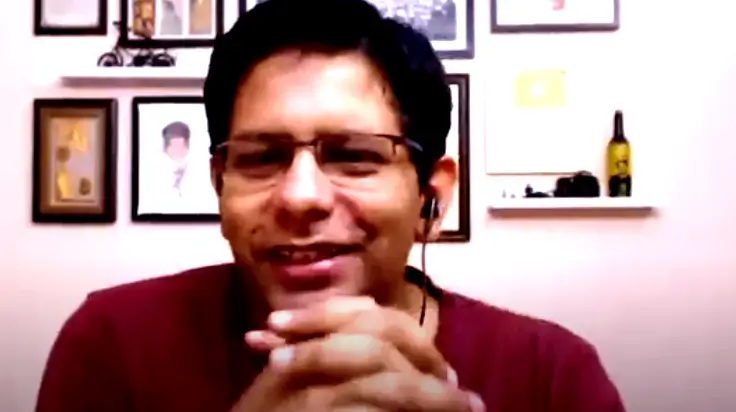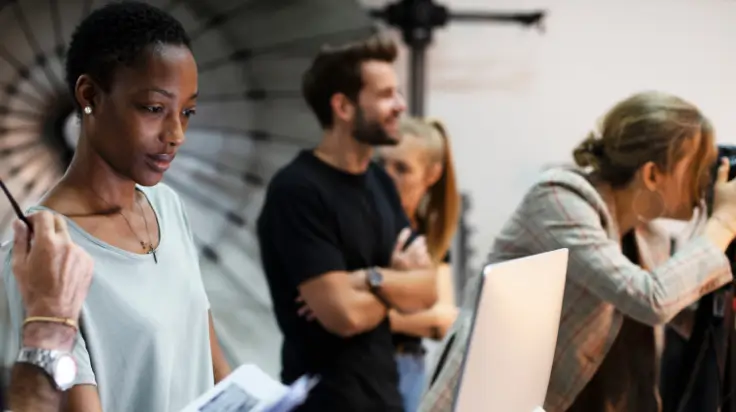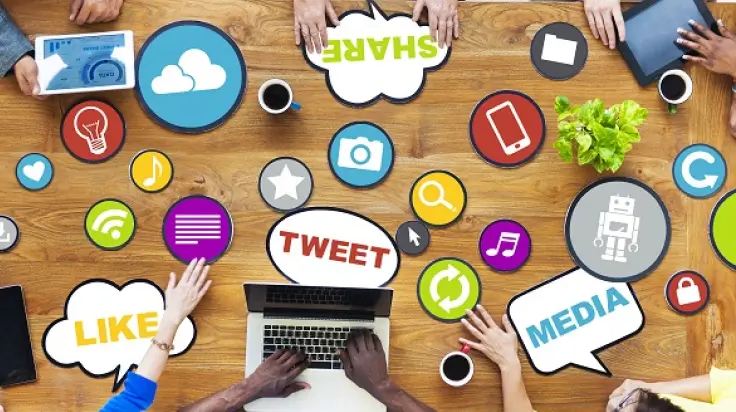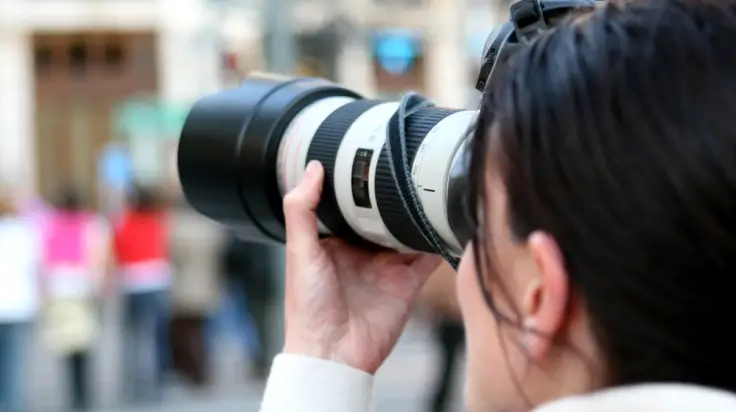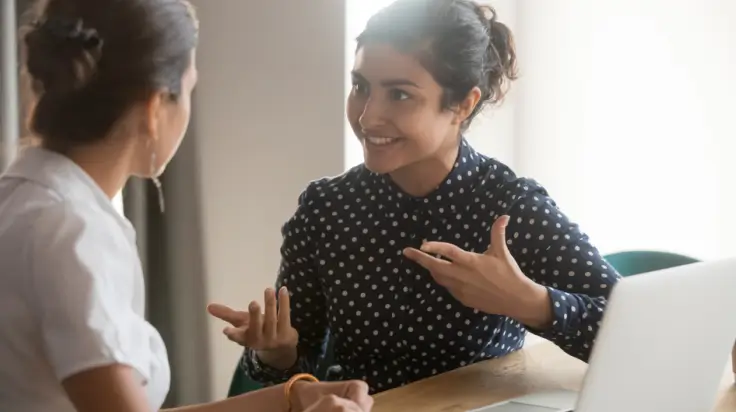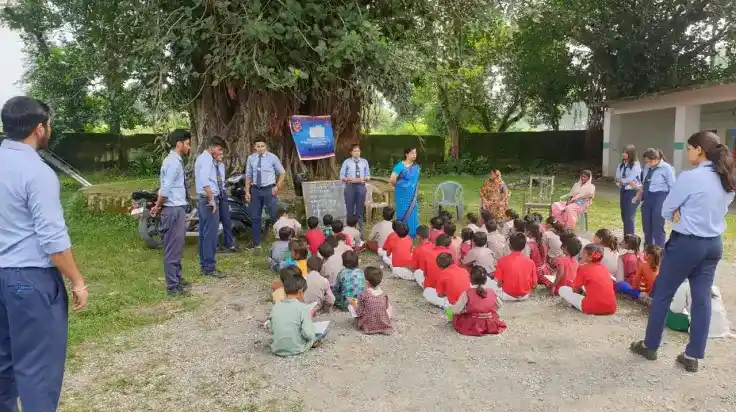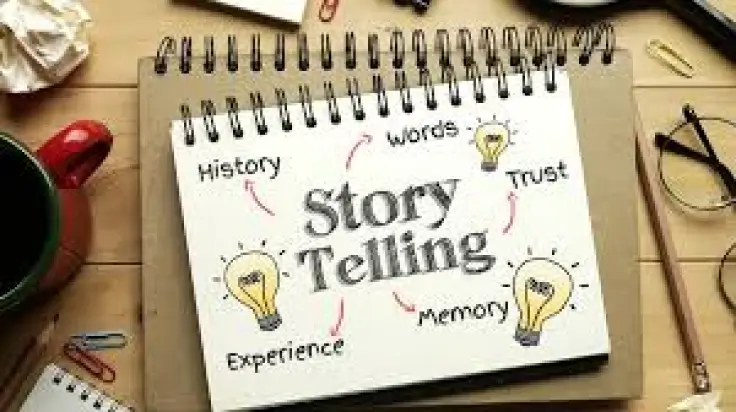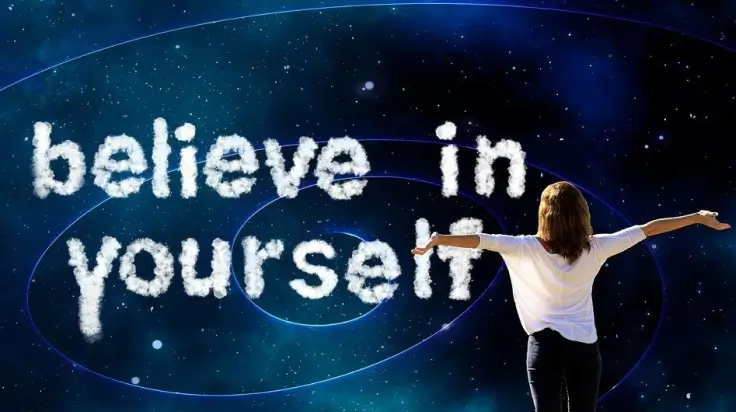The socio-cultural lens: Insights from social media reels
- Dr. Sakshi Chanana
- Published 31/07/2023

Youngster making reels on mobile phone
While reels are primarily used for creative and entertaining content, they tend to reflect and amplify the broader cultural norms and social trends that are prevalent in society. Reels offer a rich source of data that can be examined from various angles by Digital Humanities scholars to gain valuable insights into contemporary culture and communication patterns
How often do you find yourself mindlessly scrolling reels on Facebook or Instagram? Can it entail intellectual experience? Is it possible to make better sense of the world by studying the choices we make on social media? The answer is Yes. Traditional scholarship has relied upon textual knowledge acquisition and dissemination as a means of intellectual capacity building for centuries. We have turned to this form of knowledge time and again to look for the deeper meanings and layers, which in turn, has facilitated academic, social, and cultural discourses. However, there has been a phenomenal change over the last two decades in how society perceives, analyses, interprets, and utilizes knowledge. We are no longer limited to standard practices of reading a newspaper every day or going to physical libraries to search for relevant books or material for our research. One doesn’t need to travel miles to access study material or wait for a long time to be connected to others located in different parts of the world. New Media has transformed the global culture in more ways than one.
In the digital world, learning and knowledge have found new avenues of expression and sharing in not only text but also images, videos, sounds, and music. This whole corpus of data now serves as a vast field of possibilities to learn new patterns, meanings, and connections among different aspects of things. This shift from print and text as the main source of knowledge to the multimodal discourse has led to the need for new learning models that are in sync with fast-changing technology and the digital world. In this context, Digital Humanities is emerging as a novel and significant field of study for scholars interested in deepening their knowledge along with building strong technological and computational skills, which will make them future-ready. A digital humanist can work with literature, history, politics, sociology, and media studies to garner innovative research questions and unravel them to solve complex problems.
The study of social media platforms as a global change shifter and maker also falls under the ambit of Digital Humanities. One can work on Facebook and Instagram reels’ emergence as a platform for the creation, access, and preservation of digital content aimed at influencing people, creating brand awareness, standing for a social cause, showcasing creativity, along with being a means of entertainment. It also allows people from diverse backgrounds to represent their voices. For instance, as a digital humanist, one can engage with studying the impact of Instagram reels on global culture by looking at them as cultural artefacts, which having a life of their own, also influence the lives of the people creating them. The digital persona becomes as significant as the real one, as one aims to discover nuances like how Instagram viral reels are also steeped in algorithmic biases. Digital Humanities scholars engaging in exploring social media may look for the parameters that make certain kinds of Instagram reels viral, or explore factors influencing Instagram reels usage behaviour, by understanding Instagram Reels algorithm and allied processes.
How does the reelification of music, audio, and information impact culture? It fosters new pathways for world music –breaking the barriers of language along the way. For example, many Insta- viral reels these days use the audio and lyrics of the song “kaile baje muruli, baina unchi unchi dalliyon ma”, a Kumaoni song by Gopal Baabu Goswami, which is a song of love and longing. Its use as Insta-audio brings the culture of Uttarakhand to the world, albeit indirectly. Similarly, social campaigns are also run on reels, changing the dynamics of social change movements- and widening their arena from localized spots to the global arena. In this way, they also create a space for digital activism that reaches out to a global audience than being limited in a time-space continuum, changing the norms and ways of engaging with activism, thus impacting how a given society chooses to fight for its causes. This making of digital archives, is also in a way, a marker of culture and its transitions over a period of time.
Social media reels have also impacted global culture in terms of influencing fashion trends, music tastes, the food industry, the sense of beauty, and the idea of self. An interesting project called ‘Selfie City’ by cultural theorist and digital humanist Lev Manovich investigated 3200 selfies from Instagram, using a mix of theoretic, artistic, and quantitative methods to show how five different cultures use photography similarly and differently to depict themselves. Such projects foretell a growing influence of the use of images and videos as knowledge databases to produce new information and research.
A glance at contemporary projects in Digital Humanities reflects that perhaps long-standing uneasiness between academia and popular culture is eventually fading away with the advent of social media and its persuasive power. It is no longer unacademic or denigrating to deepen one’s interest and engagement in popular things and movements that constitute the fabric of the lives of digital natives. Next time, you spend hours on social media, try asking relevant questions like – How does any reel become viral? Can I observe some patterns in all popular posts and reels? Does it say anything about the social situation or political undertones or cultural aspects of the society I live in? Why is social media scrolling so addictive? The answers may very well, change the way you see the world.
Dr. Sakshi Chanana
The writer is Dr. Sakshi Chanana, Assistant Professor, UPES School of Liberal Studies and Media
UPES Admission Enquiry
Subscribe to UPES Blogs
Join our community for exclusive stories, insights, and updates
By clicking the "Subscribe" button, I agree and accept the privacy policy of UPES.









